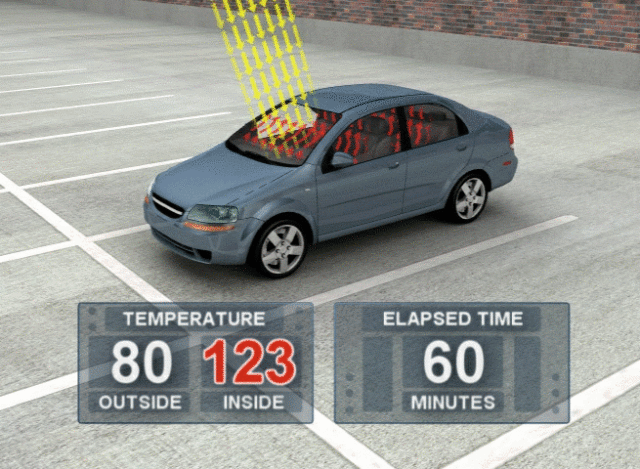
National Heat Awareness Day is observed each year on the last Friday in May. Resulting in numerous fatalities each year, heat is one of the leading weather-related killers in the United States.
- 1980 heat wave claimed 1,250 lives
- 1995 heat wave claimed more than 700 lives in Chicago (the deadliest weather event in Chicago history)
- 2003 August, record heat wave in Europe claimed an estimated 50,000 lives
Most American summers see heat waves in one or more parts of the United States. Some regions of the country have both high temperatures and high humidity. However, some of the worst heat waves have been dry.
The following advisories may be issued from the National Weather Service:
- Excessive Heat Outlooks
- Excessive Heat Watches
- Excessive Heat Warning/Advisories
Take these precautions when heat advisories are issued: stay hydrated (drink lots of water), avoid alcohol, caffeine drinks and extra sugar, avoid over exertion and find a cool place to stay in.
HISTORY
National Heat Awareness Day is sponsored by the National Weather Service.
One of the biggest problems is adults forgetting a child in a hot car. Earlier this week an 11-month-old child died in Hialeah. Police are still investigating but believe the child had been in the locked vehicle for several hours. This little girl was the 9th child to die from heatstroke in the U.S. this year. Florida ranks 2nd in the number of children who die each year from heatstroke.
Here is a story from today’s USAToday: Dad says he’s in shock after baby dies in hot car.
Neighbors 4 Neighbors, a South Florida not for profit, have a “Look Before You Lock Campaign,” that reminds people to check the back seat for children who may be overlooked when getting out of the car.
You can find more about this campaign and how you can become involved at Neighbors 4 Neighbors.
For more weather safety information visit:












